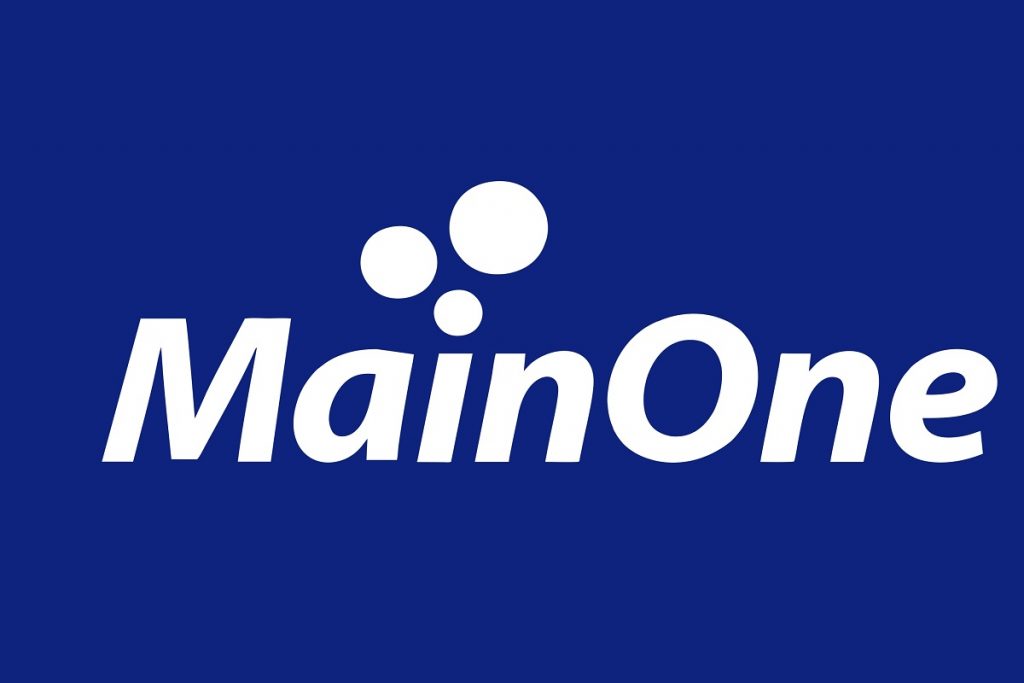Mainone, a broadband infrastructure company providing innovative telecoms services and network solutions across West Africa has set out to empower young children as part of their Corporate Social Responsibility by providing them with sponsored training on Scratch Programming.
The program will be facilitated in these schools by STEMCafe – a maker space for kids to explore and discover STEM (Science, Technology, Engineering and Mathematics) in a fun interactive way.
According to both organisations, this pilot program will contribute enormously to the early exposure to STEM education as well as empower these young future innovators.
It is set to impact the students of these schools with resources and requisite skills that will help nurture their 21st-century skills by integrating their creative ideas.
The schools benefiting from this partnership include: 2 public schools (Bonny Camp Primary School, VI and Kuramo Primary School, VI) and 2 private schools (Prudence City College, Yaba and Ken-Ade Primary School, Makoko)
The Head, Corporate Services & Development, MainOne, Tinuola Ipadeola reiterated the company’s commitment to impacting the lives of children.
According to her, “MainOne prides itself in being a socially responsible organisation and a key component of our CSR activities has been education.
“We are always happy to support initiatives such as STEMCafe science maker clubs which nurtures young pupils across every social strata’s interests in STEM and encourages a generation of innovators and talents in science and technology across Africa.
“We will continue to provide support in every way we can to grow the MainOne Maker Space as we seek to change lives and impact the lives of the children – our future.”
Speaking on the partnership, Bosun Tijani, the founder of STEMCafe said, “The opportunity to expose more young people to science through play and projects, takes us a step closer to fulfilling our goal of raising a new generation of makers across Africa.
“We are grateful for MainOne’s support to reach more kids who would have traditionally been excluded.”

